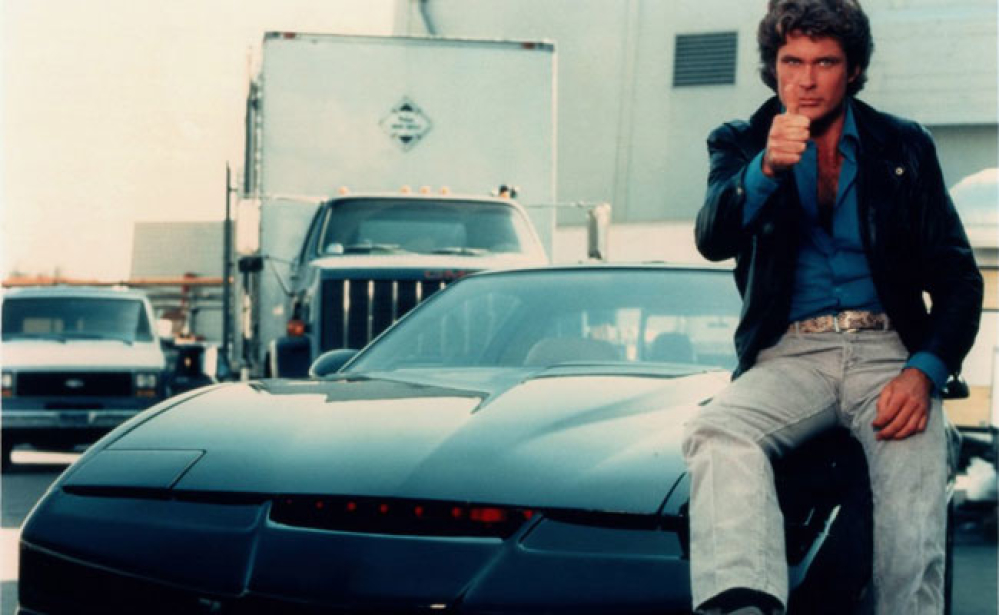In a Connected World, will cars become mobile 'Data Guzzlers'?
25 Jan 2016

All those of a certain age will remember 'The Hoff' as Michael Knight and his trusty car KITT, who could detect and avoid upcoming hazards, self-manage and make wisecracks, all in the guise of a common-or-garden 1980's US muscle car.
In 2016, this Glenn Larson fantasy is increasingly approaching reality, as today's vehicles are becoming increasingly sophisticated data devices, featuring connected applications that were once only possible on a smartphone. In fact, Gartner predict that by 2020, 1 in 5 cars worldwide will have some sort of wireless connection, equating to a cool 250 million vehicles.
Who will capitalise on this shift appears to be a 3-way fight, between smartphone manufacturers, automotive companies and mobile carriers.
Both Apple and Google/Android/Alphabet have auto-specific platforms, in the form of Carplay and Android Auto respectively, which have large amounts invested by their cash-rich parents. Simultaneously, carriers such as Verizon are launching dongles which form the bridge between your device and the car, independent of location.
The jury is currently out as to who will win this battle. Some carmakers, particularly Ford, appear to be hedging their bets, by offering support in new models for Apple and Google, whilst continuing to promote its own Applink platform to developers, in the hope they'll pick it up for the creation of Apps. Whether this will create a new, wider ecosystem, or suffer the fate of Blackberry, Windows Phone and others, remains to be seen.
Meanwhile, Toyota appears to reject both Apple and Android offerings, and to be ploughing its own furrow in the form of a new 'Connected Vehicle Framework'.
Finally, GM announced its own connected car efforts at the recent CES tradeshow in Las Vegas with the announcement of a $500 million punt on ride-sharing company Lyft. As part of the deal, GM and Lyft say they will work on developing an on-demand network of self-driving cars - an area where upstarts Tesla and Uber are also investing.
Of course, with all these initiatives, the carriers will need to be on board to provide the 'special sauce' - data connections - to make this tick. So in a world which increasingly eschews the use of fossil fuels, will cars morph into autonomous 'data guzzlers'? As so often the case when tech fantasies meet the real world, it comes down to which provider and platform the consumer feels most affinity with, something highly influenced by the parent culture.
In the US, with its vast distances and 'car culture', Americans spend more time in their vehicles than they do on tablets, so it seems the auto manufacturers have the upper hand. In Japan, by comparison, the phenomenon of "Kuruma Banare" has taken hold. Translated into English, it means "loss of an interest in cars", and is particularly prominent among young urbanites.
In other parts of the world where fixed telephony networks are less reliable, and a plethora of older, 'dumb, cars are kept on the road, the smartphone remains the tool of choice beyond mere voice communication, for everything from entertainment, through navigation, to virtual wallets.
Whichever platform or combination thereof emerges victorious, none of this exciting tech will function without a wrapper of trust and effective regulation, which so often lags behind. No doubt we will need some 'market event' to provide awareness of the necessary safeguards as we invade one of the last bastions of privacy, the motor car.
Please login to comment.
Comments